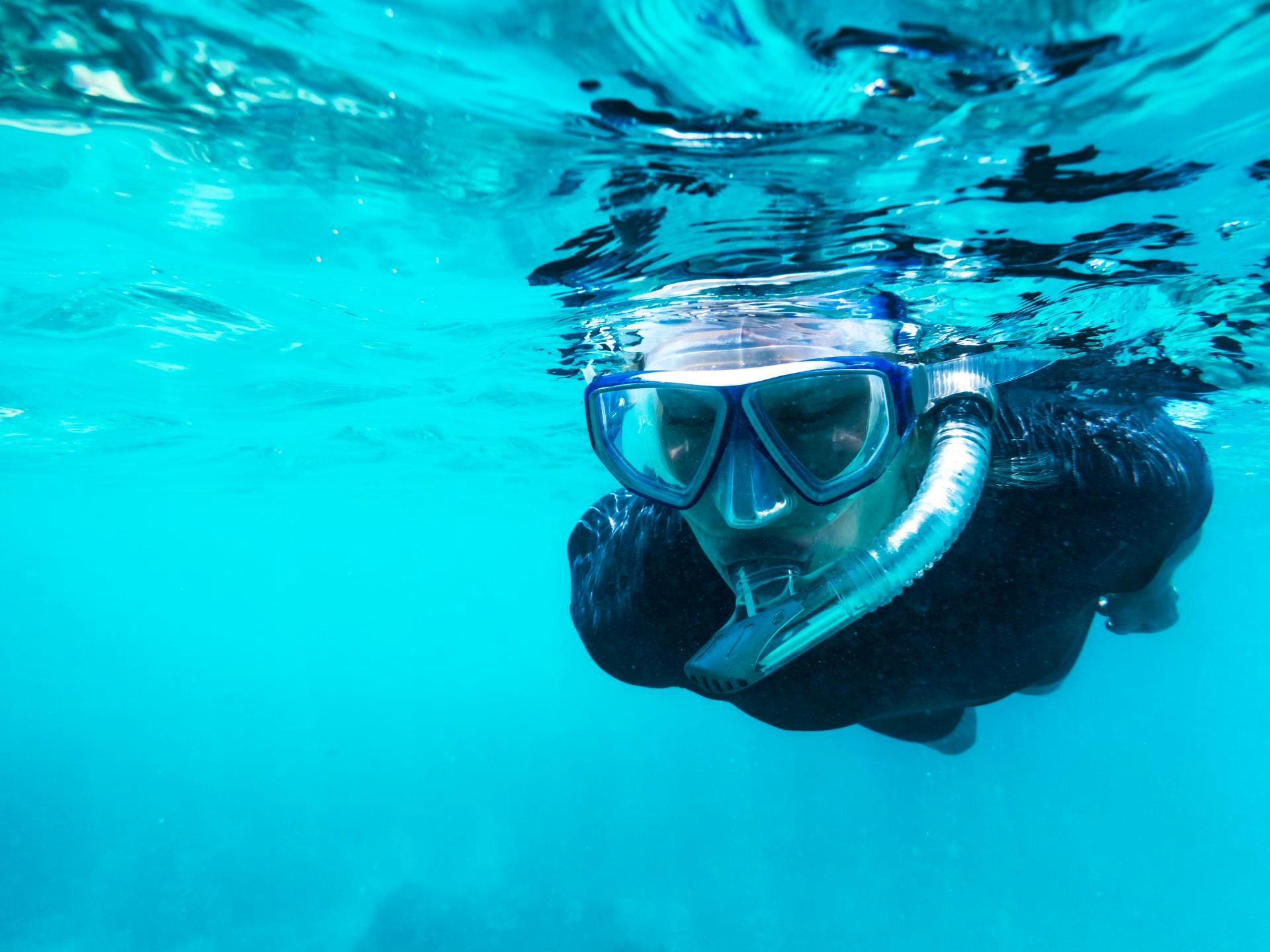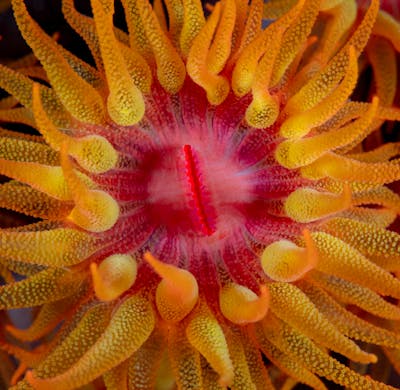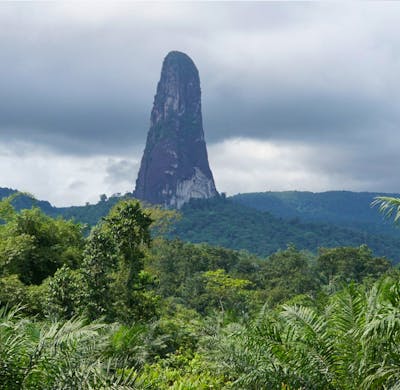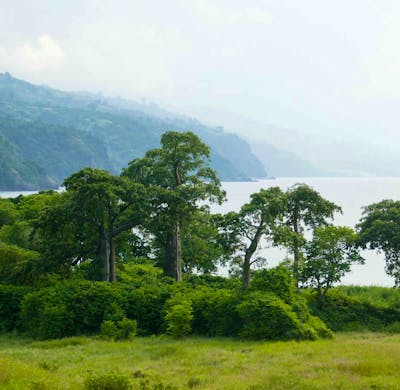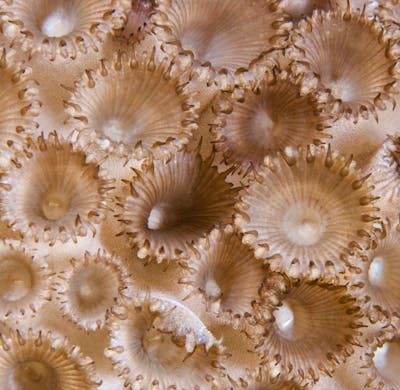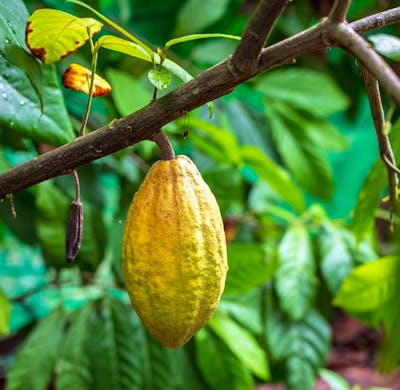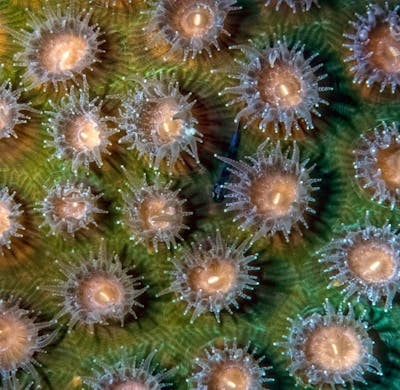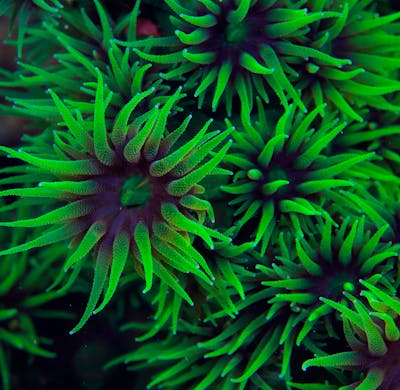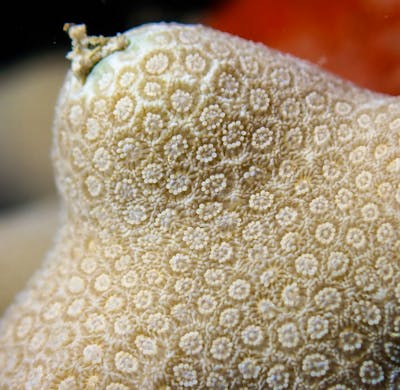vanaf 523€
Buitengewoon 5 (11)
(11)
Coral Reef Research & Conservation Assistant
2 - 12 weken
·
Leeftijd 18 - 50+
Geverifieerd door Volunteer World
Uitstekend Responsgraad
Buitengewoon 5 ·
·
Geverifieerd door Volunteer World
·
·
·
Geverifieerd door Volunteer World
·

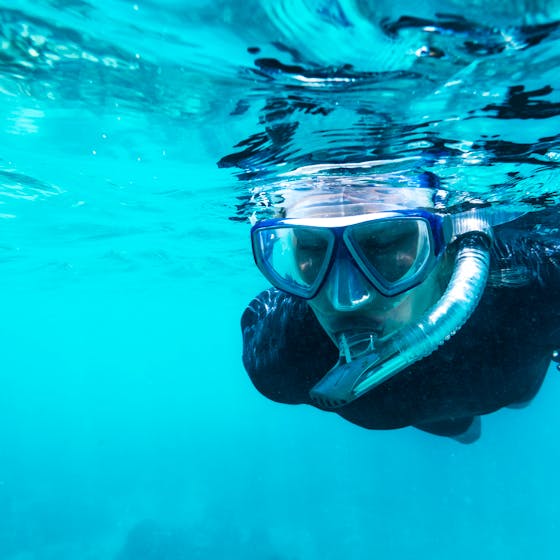
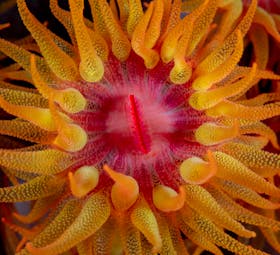
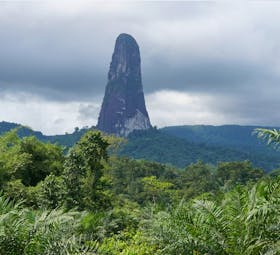
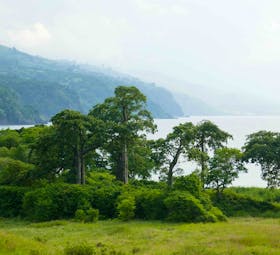
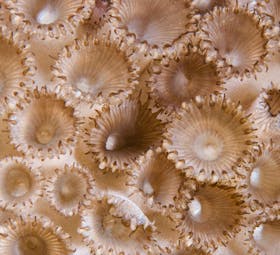
2 - 12 weken
·
Leeftijd 18 - 50+
·
Uitstekend Responsgraad
Highlights
- Dive into a unique marine adventure with our coral reef volunteer program, where participants have the chance to explore and contribute to the conservation of vibrant and diverse coral ecosystems.
- Engage in meaningful hands-on experiences on coral monitoring allowing volunteers to directly impact the health and resilience of these vital marine habitats.
- Immerse yourself in an educational journey, gaining insights into the delicate balance of marine ecosystems, the threats facing coral reefs, and the sustainable practices.
- Collaborate with like-minded individuals and local communities, fostering a sense of global responsibility and building a network of passionate advocates dedicated to safeguarding our oceans.
- Experience the satisfaction of being part of a broader initiative that goes beyond personal enrichment, contributing to global efforts in biodiversity conservation.
Vooral geschikt voor
Over het programma
The coral reef volunteer program offers individuals the opportunity to actively contribute to the preservation and restoration of coral ecosystems.
What is the program about?
The Coral Reef Volunteer Program in São Tomé and Príncipe is designed to actively involve volunteers in various aspects of marine conservation, research, and community engagement. The program typically encompasses a range of activities to address environmental issues and ...
Dagelijkse activiteiten
DAY 1
- 8:00-9:00 Breakfast.
- 10:00 General Orientation.
- 11:00 Health and Safety Presentation.
- 12:00 Lunch.
- 14:00 Walk to the neighboring village.
- 16:00 Return to base camp.
- 17:00 Dinner.
- 18:00 Nightly Briefing.
EVERY OTHER WEEKDAY
- 6:00-7:00 Breakfast.
- 7:00-11:00 Conservation & research activities (morning).
- 12:00 ...
Vrijetijdsactiviteiten
Volunteers have the opportunity to explore a rich tapestry of tourist attractions and activities during their free time, providing a perfect balance to their dedicated work. The islands offer pristine beaches like Praia Jalé and Praia Piscina, inviting volunteers to unwind in the tranquility of ...
Voorwaarden
Diensten ingesloten
Wat is er NIET inbegrepen?
Gegevens over jouw aankomst
The Coral Reef Research & Conservation Assistant Program runs throughout the year starting August 2024. The standard day for new arrivals at the facility is every Monday, & each volunteer undergoes a required training week upon arrival. Airport pickup & transport to the base camp is included for flights that land on Sundays or Mondays. Alternatively, pickup & transport to the facility can be provided without additional cost from the capital city (São Tomé City) on Sundays or Mondays, for those who are already in-country before the start of their chosen program period. (Exceptions to starting dates are sometimes available upon request, e.g., for plane arrivals on Tuesdays).
Beschikbaarheid
jan.
feb.
mrt.
apr.
mei.
jun.
jul.
aug.
sep.
okt.
nov.
dec.
Programmakosten
2 weken (min. verblijf)
523€
3 weken
931€
4 weken
1.339€
5 weken
1.746€
6 weken
2.154€
7 weken
2.563€
12 weken (max. verblijf)
4.601€
Gemiddelde kosten
322€/week
Ontmoet je organisatie

Africa Tropical Research
Buitengewoon 5
 (11 beoordelingen)
(11 beoordelingen)
Agentschap - opgericht in 2023
Geverifieerd door Volunteer World
Uitstekend Responsgraad
Gepresenteerd door
Laura
Over de organisatie
Our social project focuses on marine conservation and research, aiming to safeguard the delicate ecosystems of our oceans through scientific exploration.
11 beoordelingen ·  5
5
Plaats

Misschien ben je ook geïnteresseerd in
-
Strandreiniging
Koraalriffen
Snorkelen
Afval Recyclage
Beste vrijwilligersprogramma's
Natuur
Vrijwilligerswerk op korte termijn
Project buitenland
Koppels
Missietrips naar Afrika
Volwassene
Vrijwilligersreizen voor studenten
